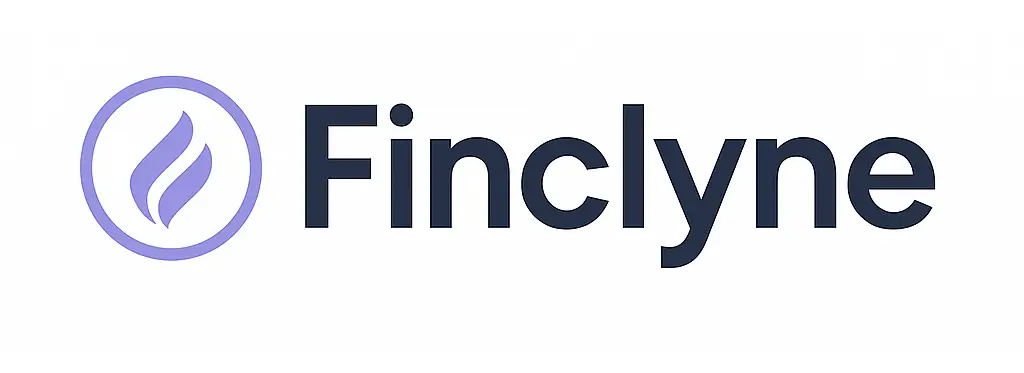## Could US Economic Strength Push Long-Term Interest Rates to 5%?
Recent strong economic data out of the US is sparking conversation about the potential for a significant rise in long-term interest rates, specifically the 10-year and 30-year Treasury yields. These yields, which influence everything from mortgage rates to corporate borrowing costs, have been steadily climbing, and some analysts believe they could breach the 5% mark in the coming weeks. This prospect has implications for young investors and anyone planning for their financial future.
The robust economic data fueling these predictions includes positive jobs reports, resilient consumer spending, and persistent inflation. While a strong economy is generally seen as positive, it can also lead to higher interest rates. The Federal Reserve, tasked with controlling inflation, often raises short-term interest rates to cool down the economy when it’s overheating. This, in turn, can push up long-term rates as investors demand higher returns to compensate for the increased risk of inflation eroding their investments. The recent resilience of the US economy suggests the Fed might maintain its hawkish stance on interest rates for longer than previously anticipated, potentially driving 10-year and 30-year yields closer to that 5% threshold.
So, what does this mean for you? If you’re considering taking out a student loan, a car loan, or a mortgage, higher interest rates translate to higher borrowing costs. This means larger monthly payments and potentially more paid in interest over the life of the loan. On the flip side, rising interest rates can create opportunities for savers and investors. Higher yields on savings accounts, certificates of deposit, and bonds can provide a better return on your money. Understanding the movement of interest rates and their potential impact on your finances is crucial for making informed decisions. Keep an eye on the economic news and consider consulting with a financial advisor to develop a strategy that aligns with your financial goals in this evolving interest rate environment.





